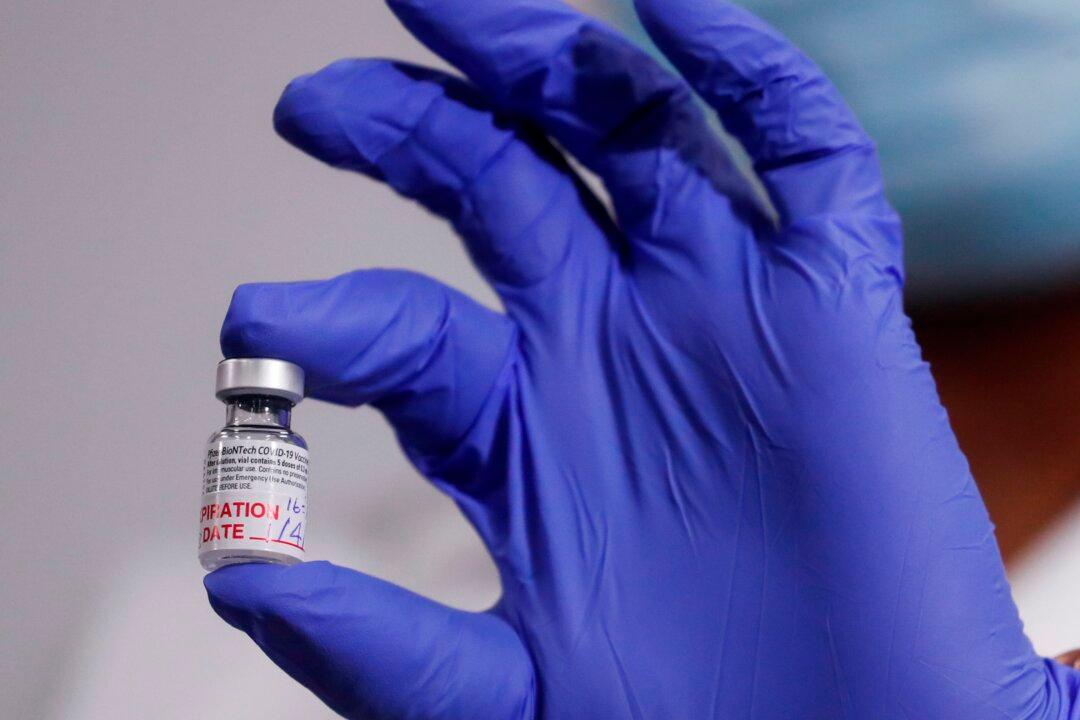Over 1,000 people injected with a new COVID-19 vaccine have experienced an adverse event, with hundreds being taken to emergency rooms.
One patient in Michigan on Dec. 16, 2020, became lightheaded and dizzy, and experienced chest tightness and hand tingling. She repeatedly told doctors, “I think I am having a panic attack.” She was sent to the emergency room for evaluation.





